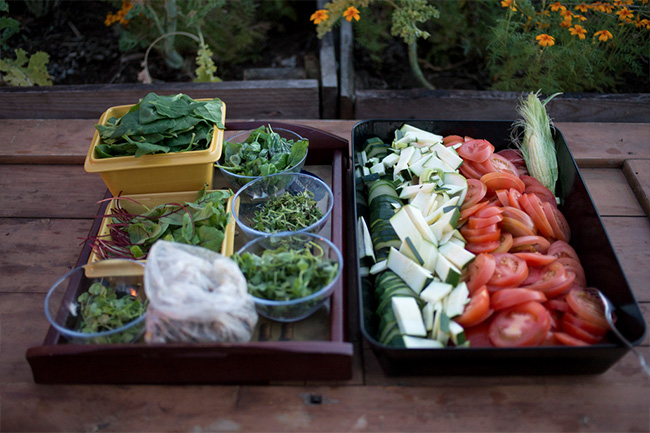Yo! Now we share the two projects commissioned by the Ministry of Agriculture and Forestry. With these, we now have three project themes for DfG 2015 and six teams, and therefore two teams under one theme.
We do not want competition between teams. Rather, the two teams working on the same theme will collaborate as a larger team complementing each other’s approach – one being more systemic and overarching and the other being more down-to-earth and implementable.
Primary Producer’s Notifications
Where are we now?
The primary producers of food shall notify their activities to several authorities and registers within the administrative sector of the Ministry of Agriculture and Forestry (MMM). There are many levels of legislations (EU, national, sector by sector) that govern which information to be notified for food safety, animal health and welfare, and agricultural subsidies.
The producers have to notify much of the same information many times, and those are recorded by the authorities in different information systems. The notification happens both online and offline. Many are on paper and difficult to find, and there is a need to increase the use of electronic services. Currently the forms and the language in them are complicated.
Where do we want to be?
MMM wants to lessen the administrative burden of the producers and enhance the use of the data in and between authorities. They want to have easily accessible e-services as well as reduced number of paper versions with more efficiency. If possible, combining separate notification processes is sought for.
How are we going to get there?
By listening to and observing the people potentially engaged with primary producers, identifying and mapping out the gatekeepers, and co-creating with a wide variety of stakeholders, which are the reasons we will start DfG 2015 with a workshop.
The potential workshop participants include the primary producers (farmers, animal keepers, feed producers etc.), personnel from MMM, authorities like Evira, Maaseutuvirasto, Maanmittauslaitos and so on.

School Fruits and Vegetables Scheme
Where are we now?
Children’s consumption of fruits and vegetables is in decline in EU and remains below the recommended daily intake. The diet of children is shifting towards highly processed products, and overweight and obesity are increasing. WHO estimated that every third children between 6 and 9 years old in EU are overweight or obese in 2010, compared to every fourth in 2008.
Schools kids in Finland consumes less fruit and vegetable consumption than the other EU member states. The EU-wide voluntary School Fruit Scheme (SFVS) provides school children with fruits and vegetables for a sustained, healthy eating habits. With a well-working School Milk Scheme, however, Finland hasn’t been participating in SFVS so far. It has been speculated that the heavy administrative costs might be a one reason.
Where do we want to be?
MMM wants a boosted consumption of fruit and vegetables in the long term and instilling healthy eating habits through education. An efficient SFVS is sought for through clear targeting for maximum impact and more cost-effective distribution.
MMM wants to understand why Finland has not been participating in SFVS previously, and wants to have clear strategies for educational and awareness-raising initiatives for an increased fruit and vegetable consumption through enhanced experience among school children with SFVS.
Further, MMM wants promote consumption of Finnish fruits and vegetables in the long term, which might encourage some actors though it may not be an efficient short term goal. Also, strengthened links are sought for between schoolchildren and farming, farmers and the various types of food they produce.
How are we going to get there?
By observing and listening to the people potentially engaged with SFVS in the future, identifying and mapping out the gatekeepers and co-creating with them, and producing different options and verifying them in terms of strength, weakness, opportunities and threats, which are the reasons we will start DfG 2015 with a workshop.
The potential workshop participants include the personnel from MMM, the Agency for Rural Affairs MAVI, the Ministry of Social Affairs & Health, the Ministry of Education & Culture, the Finnish National Board of Education, the departments in municipalities that make purchase decisions for school kids, Horticultural Association and Finnish Horticultural Products Society.
Which one do you like the most?
Now we have unveiled three radically different, but all absolutely engrossing challenges. Which one do you like most? Which one do you think the most challenging?
Oh, have you not applied yet? Do it now! The admission will be closed in about 48 hours.
